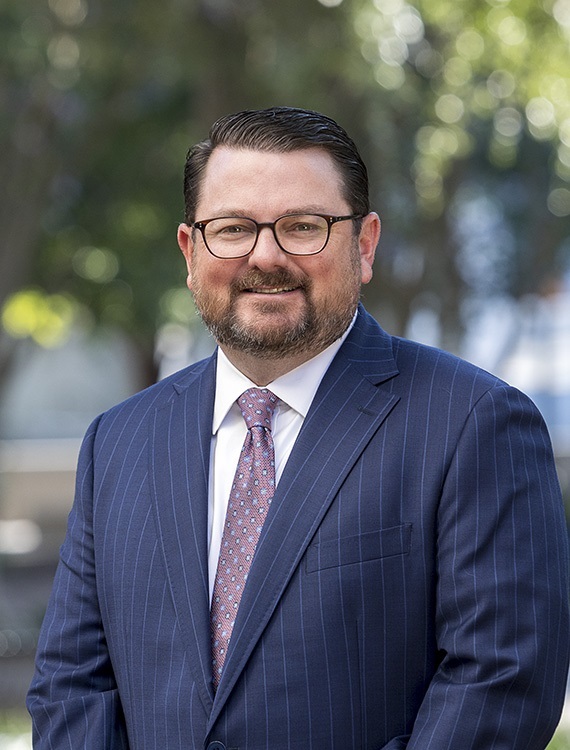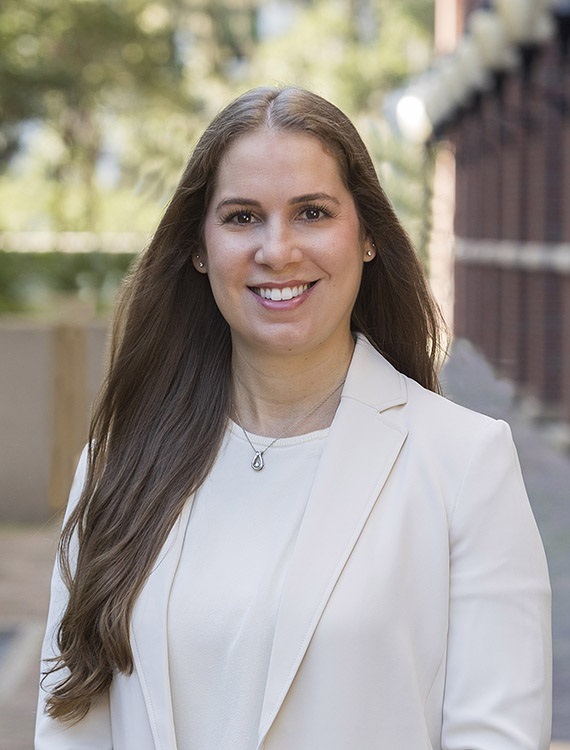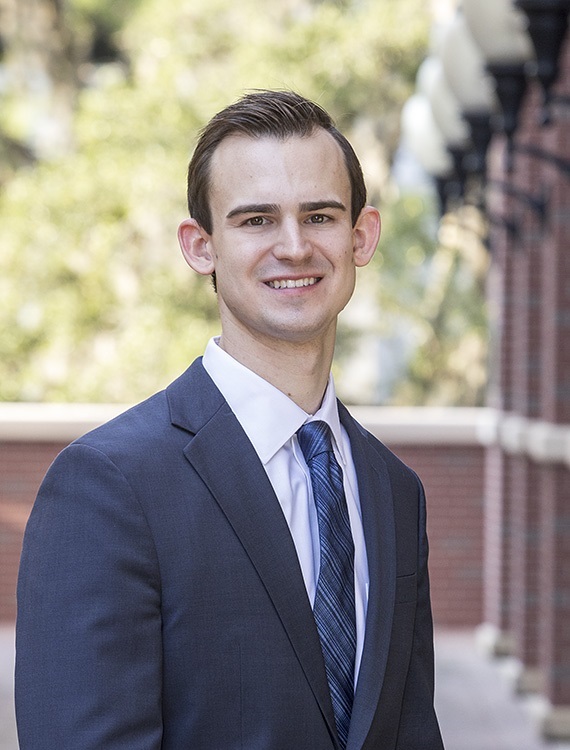Viewpoint: Consumers pay the price for insurers’ good faith
Don Brown • March 15, 2009
As Floridians are watching their pocketbooks shrink, many are forced to pay higher insurance premiums because of hidden lawsuit fees that are tacked onto their insurance bills.
This is because in Florida, an insurance company can be sued for much more than the coverage limit of a policy if it can be shown that the insurance company acted fraudulently or in "bad faith" when defending or settling a claim for the insured.
No one quarrels with this being sound public policy. However, consumers are on the hook for liability insurance as a result of several ambiguities in Florida law that allow trial lawyers’ to play the "gotcha game" and set a "bad-faith" trap for insurance companies, even when they act in good faith.
How does this impact consumers? The reality is that liability insurance is a pool of money. The pool is filled with premiums and drained by claims. If a consumer purchases and pays premiums for a $20,000 insurance policy but then files a claim against the insurer for $2.5 million, the insurer will naturally have to make up the difference somehow.
Unfortunately, this translates into higher premiums for consumers. It has been widely acknowledged that there is an incentive in Florida law for trial attorneys to manufacture "bad-faith" claims. The strategy under the current system involves trial attorneys setting artificial deadlines for claims payments and then withdrawing settlement offers when the artificial deadline is not met.
The goal of this strategy is to convert a low-limit insurance policy into unlimited insurance, and reward the attorneys who helped sue the insurance company with exorbitant attorneys’ fees, which are also paid by the insurance company.
In the 2004 case of Berges v. Infinity Insurance Co., the Florida Supreme Court upheld a bad-faith lawsuit. However, in strong written dissents, several justices called Florida’s bad-faith laws into question by highlighting the inequities and negative economic impacts the laws have on Florida consumers.
In his dissent in the Berges case, former Justice Wells said, "Just as it is an obvious truth that ’there is no free lunch,’ likewise, there is no free liability insurance. It is an undeniable fact which follows logic and common sense that bad faith judgments against insurers drive up the premium costs for all insureds, particularly for insureds who purchase low-limits liability insurance policies."
Florida’s current bad-faith laws lack logical standards by which insurers are judged by courts to have acted in bad faith. Additionally, the law is vague and provides plaintiffs’ attorneys with a multitude of ways to target insurers for bad-faith claims.
At a time when Florida families are closely watching their pocketbooks, lawmakers should consider establishing common-sense standards for Florida’s bad-faith laws. Pro-consumer bad-faith reforms are necessary to protect insureds across Florida from having to pay higher insurance premiums because of the bad actions of a few.
Don Brown is a former Republican member of the Florida House of Representatives representing DeFuniak Springs. In 2008, Rep. Brown was chairman of the House Committee on Insurance












